It’s a common question we often hear in our office: what is a personal injury claim? Well, if you’ve been the victim of a personal injury accident, you may be advised to file a personal injury claim. But if you’ve never done so before, you may be confused as to what this legal procedure actually involves. Essentially, a personal injury claim is a legal dispute when one party has been injured or harmed by the negligent actions of another party.
In this blog, we’re taking a closer look at personal injury claims to better understand this specific type of lawsuit. We also review common types of personal injury claims and how a personal injury lawyer can help you with every step of your claim. When faced with the complexities of a lawsuit, you should never have to pursue your claim alone.
Table of Contents
What Constitutes a Personal Injury Claim?
A personal injury claim is a lawsuit filed for an individual who has suffered harm as the result of the negligence of another party. This party could be another person, business, or government organization. A personal injury claim seeks damages, generally, in the form of financial compensation, which is usually paid out by the insurance provider of the negligent party. These damages may include any medical expenses and compensation for emotional or physical pain and suffering.
Working with an experienced personal injury attorney is advisable when filing a personal injury claim. They can evaluate your claim, assess its true value, and negotiate on your behalf to ensure you receive fair compensation. With the assistance of a personal injury lawyer, a personal injury lawsuit is generally handled in one of two ways: an informal settlement or a formal lawsuit.
Establishing Negligence in a Personal Injury Claim
To succeed with a personal injury claim, you must clearly prove that the other party was negligent. Without establishing negligence, your case cannot move forward. There are four essential elements that must be demonstrated:
Duty of Care
First, you need to show that the defendant owed you a duty of care. This means they had a legal responsibility to act in a way that would protect others from harm. For example, every driver has a duty to operate their vehicle safely to avoid endangering others on the road.
Breach of Duty
After proving a duty existed, the next step is showing that the defendant violated, or breached, that duty. A common example would be a driver who speeds excessively or ignores a traffic signal, putting others at risk through reckless behavior.
Causation
Once a breach has been established, you must then prove causation — that the defendant’s actions directly caused your injuries or damages. In the case of a car accident, you would need to demonstrate that the driver’s negligent act, such as running a red light, led to the collision and your resulting harm.
Damages
Lastly, you must provide evidence of actual damages you suffered because of the accident. This can include medical bills, vehicle repair costs, lost wages from missed work, and compensation for pain, suffering, and emotional distress.
Successfully proving all four elements is critical for holding the other party responsible and securing compensation. Working with a personal injury attorney in your state can greatly improve your ability to gather strong evidence, build a compelling case, and maximize your financial recovery.
What Are the Common Types of Personal Injury Claims?
Since personal injury law covers a wide range of cases, many different types of personal injury claims exist. As the victim, it can be confusing to know whether or not your claim falls under personal injury law. The easiest way to find out is to give us a call or visit us online to schedule a free consultation. Since the Paul Wilkinson Law Firm operates strictly on contingency fees, your only risk is a few minutes of your time. Call Paul to find out if you have a viable personal injury claim.
With years of experience representing personal injury lawsuits, we’ve seen it all. But many of the most common types of personal injury claims include:
- Car accidents: Whether due to speeding, reckless driving, or poor road conditions, car accidents remain among the leading causes of personal injury claims.
- Truck accidents: Collisions with commercial trucks often result in catastrophic injuries.
- Motorcycle accidents: Bike riders are vulnerable to severe injuries when accidents occur, often due to other drivers’ negligence.
- Drunk driving accidents: When someone drives under the influence, the consequences can be catastrophic for innocent victims.
- Texting while driving accidents: Distracted driving is a major cause of accidents, with texting behind the wheel creating particularly dangerous situations.
- Bicycle accidents: Cyclists often get hurt severely when motorists fail to share the road responsibly.
- Pedestrian accidents: Pedestrians are at serious risk of injury or death because of negligent drivers, often needing long-term recovery.
- Wrongful death suits: When negligence leads to the untimely death of a loved one, families may seek compensation through a wrongful death lawsuit.
- Bad faith insurance: When insurance companies deny or delay valid claims, policyholders can pursue legal action for bad faith practices.
- Slip and fall accidents: Property owners must maintain safe premises; when they fail, injuries caused by slips, trips, or falls can form the basis for a claim.
- Dog bites and animal attacks: You could get compensation, particularly when the animal’s owner was negligent.
- Product liability claims: When defective products cause injury, producers and suppliers can be held accountable for damages.
- Medical malpractice: Patients harmed by negligent medical treatment, surgical errors, or misdiagnosis may have grounds for a malpractice claim.
- Construction accidents: Construction sites are hazardous environments, and workers or passersby injured due to safety violations may seek compensation.
- Nursing home abuse and neglect: When caregivers fail to provide proper care to elderly residents, legal action can be taken to protect the victims and their rights.
No matter the type of injury or the circumstances surrounding your case, the Paul Wilkinson Law Firm will fight for what you deserve. Personal injury cases are complex, but you don’t have to face the legal process alone. Let our experience and dedication work for you — contact us today and take the first step toward recovery and closure.
What Damages Can Be Recovered from a Personal Injury Claim?
When filing a personal injury claim, the intent is to recover damages from the negligent party. These damages can take many different forms to attempt to right the wrong of the negligent individual or business. Working with an experienced personal injury attorney can improve your chances of receiving financial compensation for your injuries.
When filing a personal injury claim, the main objective is to recover damages caused by another party’s negligence. Damages fall into compensatory damages and punitive damages.
Compensatory Damages
They intend to make the injured person “whole” again and are divided into economic and non-economic damages:
- Economic Damages (tangible financial losses):
- Medical expenses (past and future)
- Lost wages
- Loss of future earning capacity
- Property damage
- Rehabilitation and therapy costs
- Non-Economic Damages (intangible losses):
- Pain and suffering
- Emotional distress
- Loss of enjoyment of life
- Loss of consortium
- Disfigurement or permanent disability
Punitive Damages
Punitive damages are awarded separately in cases involving gross negligence or intentional wrongdoing. Their purpose is to punish the defendant and discourage others from similar actions, not just compensate the victim.
How Are Most Personal Injury Claims Solved?
An informal settlement, which is much more common for these types of claims, involves a series of negotiations between the parties. A Denver personal injury attorney can handle these negotiations on your behalf. The negotiations may also include insurance representatives to help determine a fair settlement. Once a settlement has been reached, the parties will sign a written agreement to prevent further legal action, like a formal lawsuit, from being pursued.
On the other hand, a formal lawsuit is the approach taken when the parties cannot agree on a fair settlement. Unlike a criminal case, a personal injury lawsuit begins when a private individual, known as the plaintiff, files a civil complaint against the negligent party, known as the defendant. This lawsuit, or claim, alleges that the defendant acted in a negligent manner to cause injury or harm.
How Can a Personal Injury Attorney Help?
When pursuing legal action, you shouldn’t take this important step alone. Few of us outside of the legal profession have the necessary experience and knowledge to successfully file and navigate a personal injury claim. That’s why you should call on a local personal injury law firm.
By hiring a personal injury attorney to represent your interests, you’ll have an expert who can offer you legal advice and determine the best course of action for your specific case. They will help you meet deadlines, file important paperwork, and negotiate with other lawyers and insurance representatives on your behalf. They will also represent you in court and defend you at trial if necessary. When you hire a personal injury attorney for legal representation, they will be able to improve your chances of success in the following ways:
- Provide a free consultation to see if you have a viable claim
- Assess the fair and full financial compensation for your injuries
- File paperwork and documents
- Gather evidence to support your claim
- Ensure you meet important deadlines
- Negotiate with other lawyers (or insurance representatives) on your behalf
- If needed, represent you in court
Conclusion – What is a Personal Injury Claim?
The Paul Wilkinson Law Firm is here to protect your rights and ensure that you receive the fair compensation you deserve for your injuries. We pride ourselves on educating our clients on the specifics of their personal injury claims so they can know what to expect. Whether you were in a car, truck, or motorcycle accident, our team of experienced Colorado personal injury attorneys can help. Even if you believe you were partially at fault, give us a call. We can help you determine the best course of action for your claim with a free consultation.
To ensure you receive fair and full compensation, you should call on an experienced personal injury attorney.
Contact the Paul Wilkinson Law Firm today to schedule your free consultation and uncover the best options available for you and your case.
For more information, call us today! Together, following a personal injury accident, we can get you on the road to recovery.


